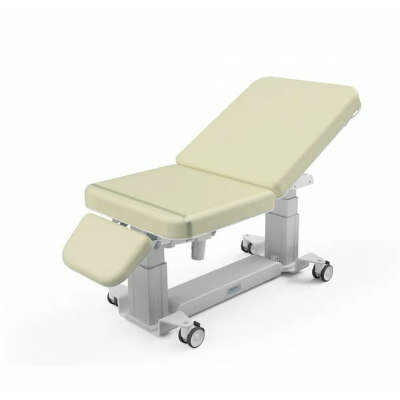Motion-Tracking of Heart MRI Scans Could Predict Stroke Risk
By MedImaging International staff writers
Posted on 05 May 2015
Researchers from the Johns Hopkins School of Medicine (Baltimore, MD, USA) have successfully used motion tracking software to analyze changes in cardiac muscle movement and predict the likelihood of stroke risk in patients with atrial fibrillation.Posted on 05 May 2015
The new imaging technique uses standard Magnetic Resonance Imaging (MRI) scans together with motion-tracking software to analyze altered function of heart muscle in the left atrium. The study was published on April 27, 2015, in the Journal of the American Heart Association, and could help researchers build more accurate models to predict strokes, and therapy strategies, and prevent unnecessary long-term prescription of blood thinning medicines such as warfarin.
The study looked at records of 169 patients, ages 49–69, with atrial fibrillation, 18 of whom had suffered from strokes. The patients had cardiac MRI exams, and underwent minimally-invasive ablation of the heart tissue that triggered the fibrillation. The researchers used the motion tracking software to compare images of the hearts of patients who had suffered strokes with those who had not, and found several marked differences.
Lead investigator and heart rhythm specialist Hiroshi Ashikaga, MD, PhD, said, “Our research suggests that certain features of the heart’s upper left chamber that are easily seen on heart MRI could be the smoking gun we need to tell apart low-risk from high-risk patients.”
Related Links:
Johns Hopkins School of Medicine














.jpg)